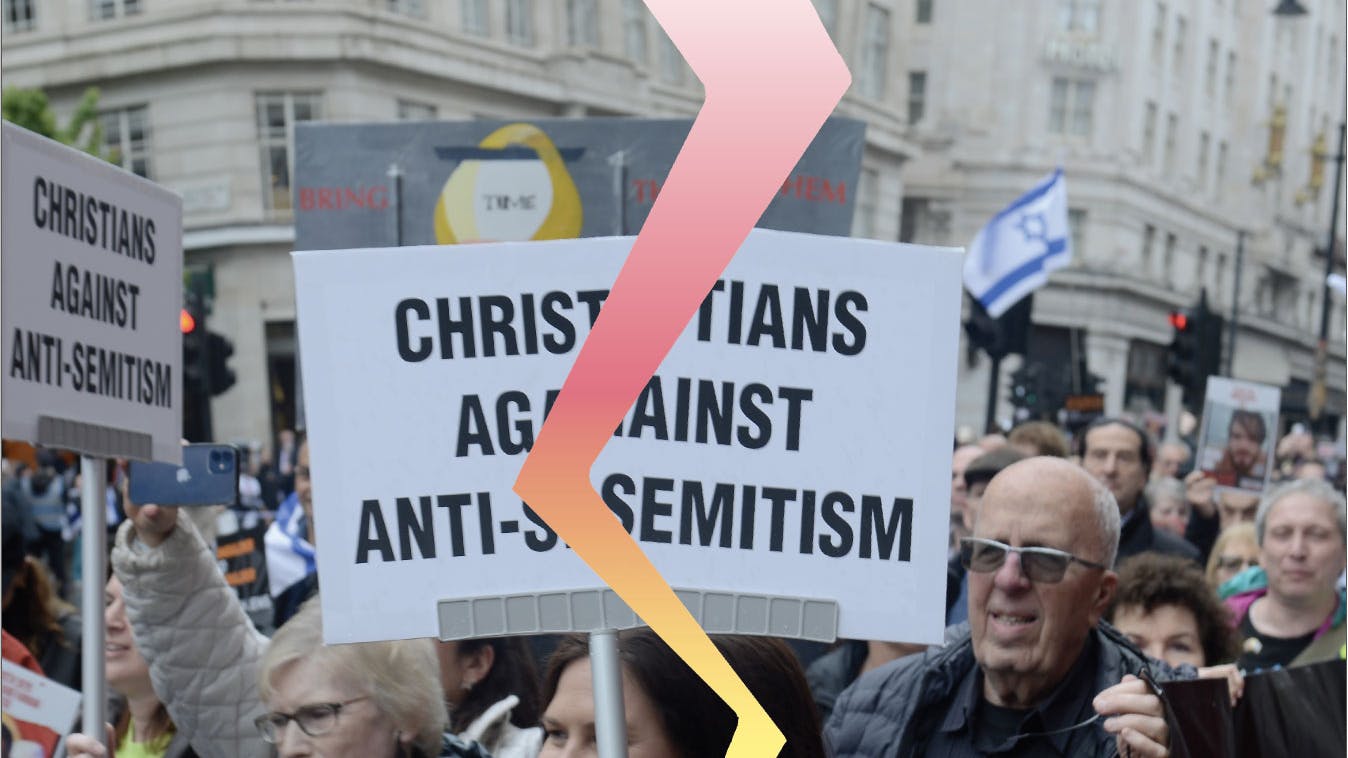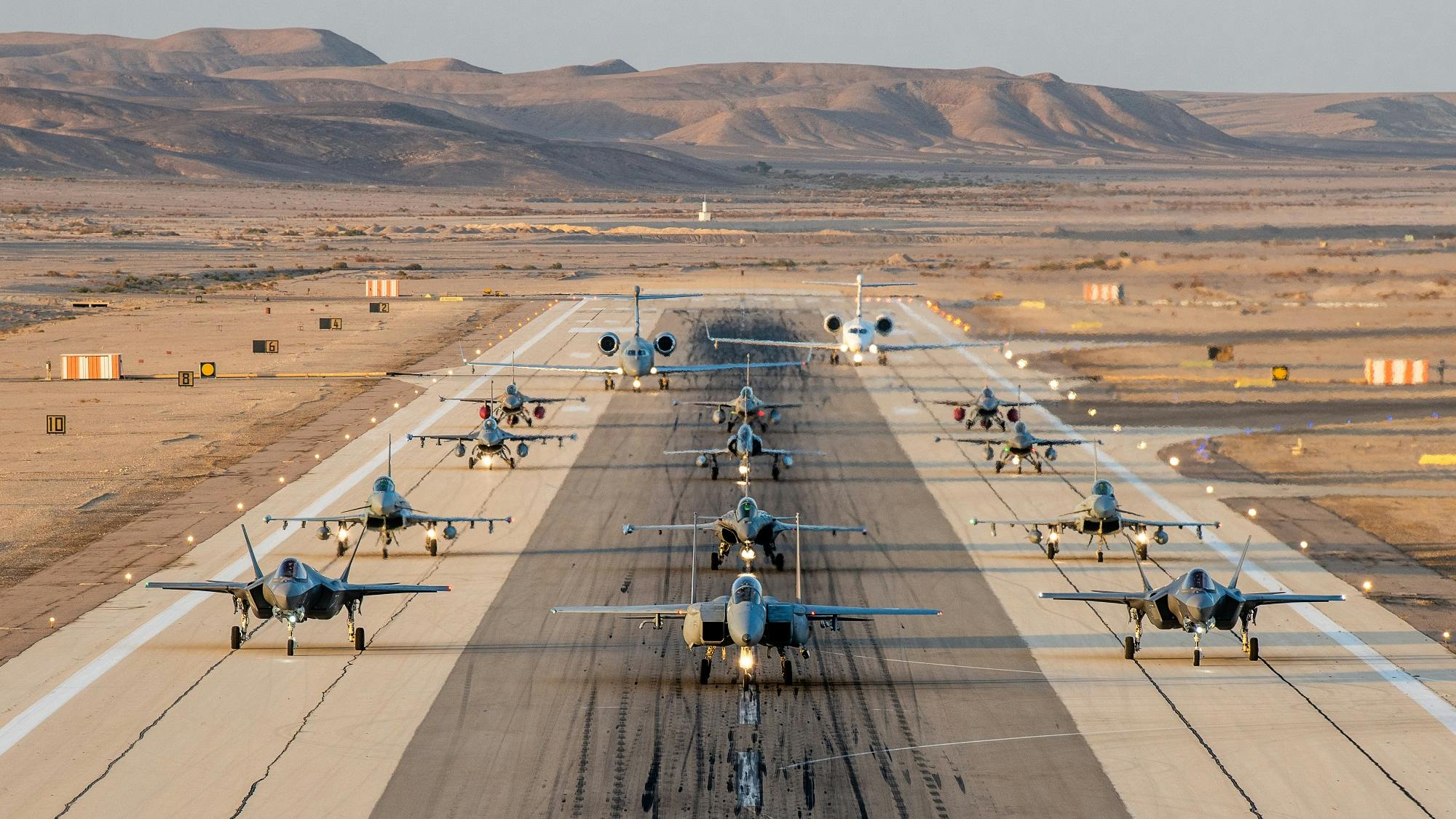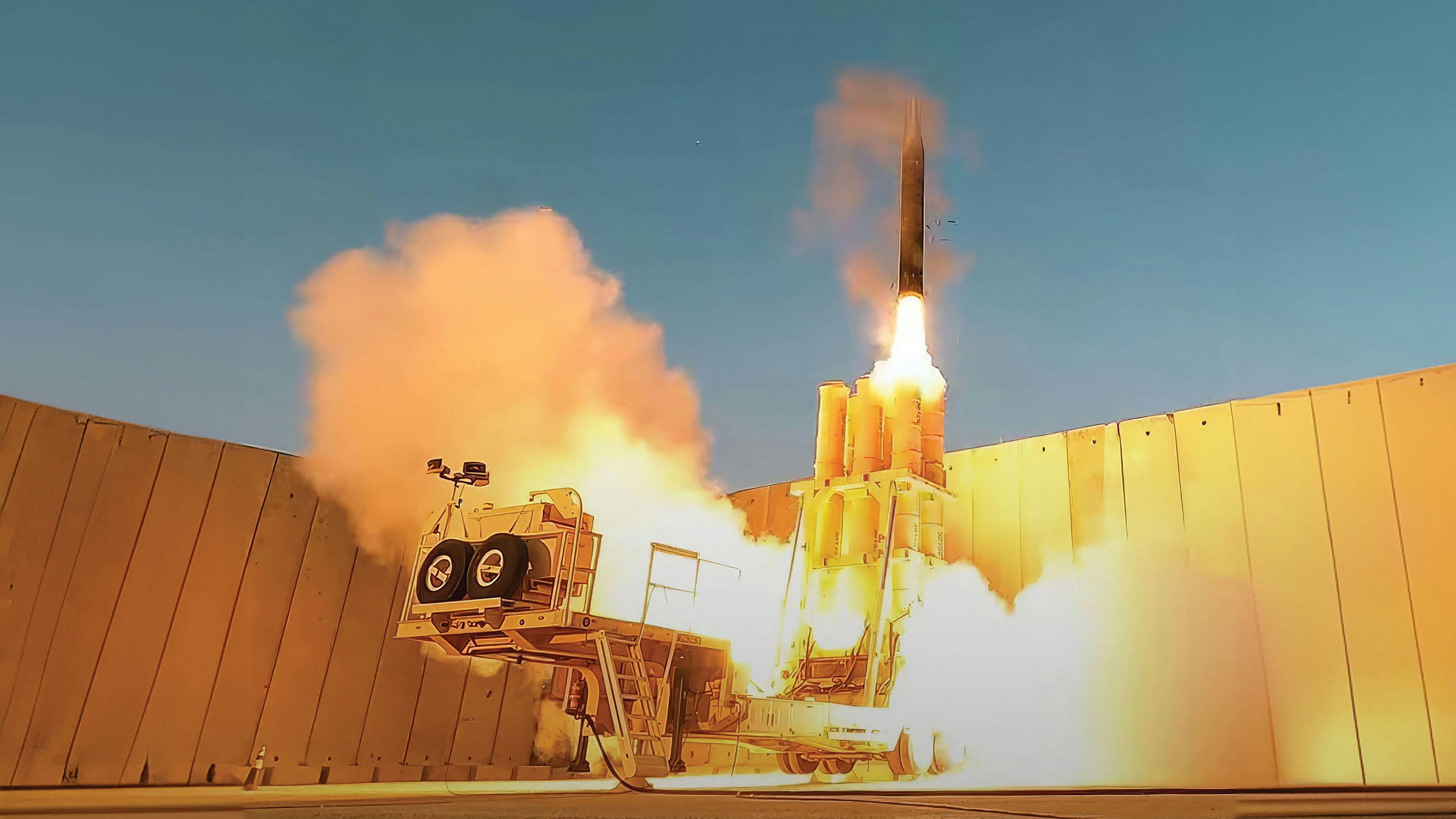Israeli Coffee Culture
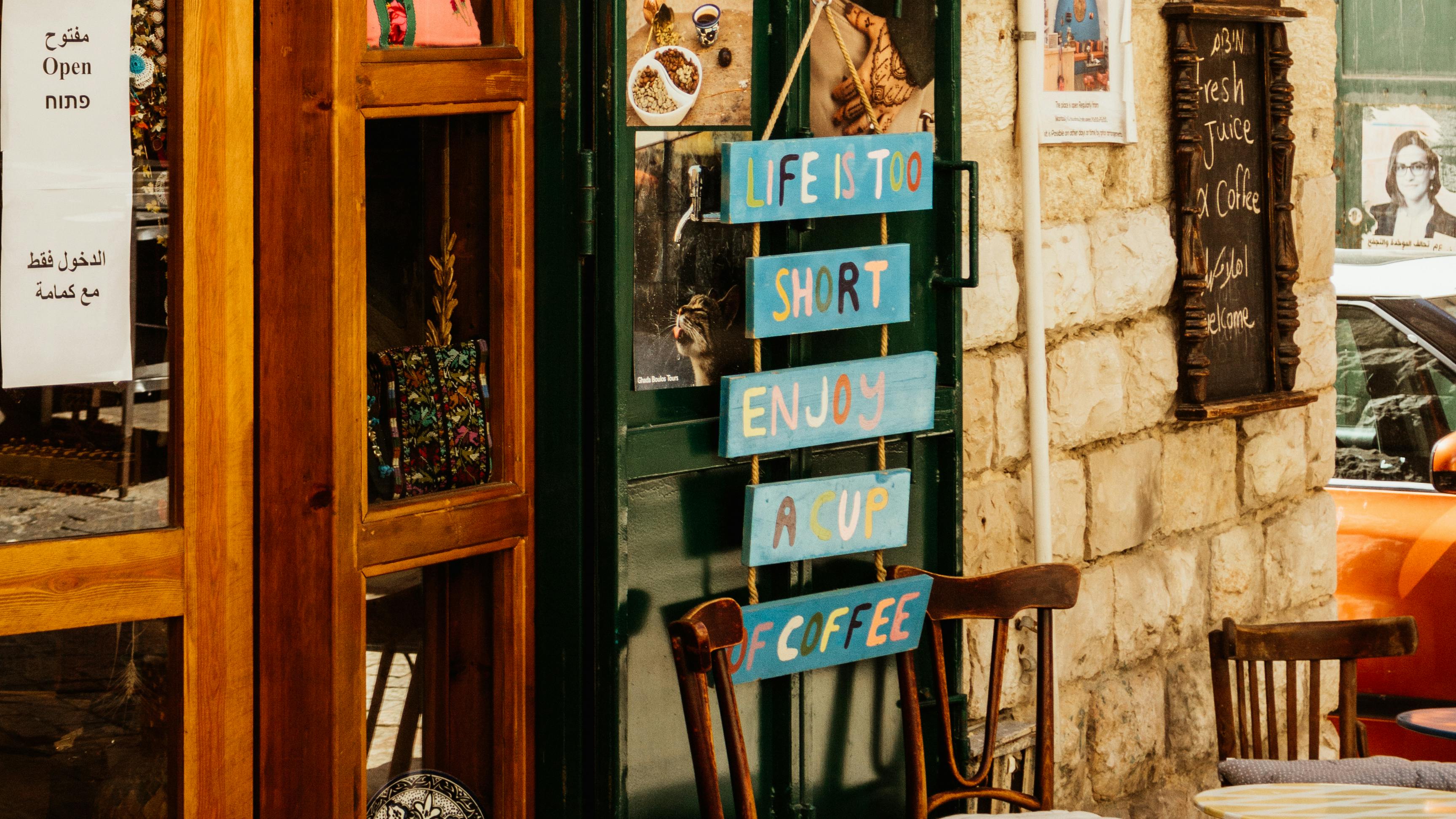
In Israel, coffee is more than a drink, it’s a ritual and a glue for social life. Some might even say drinking coffee is the unofficial national pastime. If you walk down almost any Israeli street, you’ll see it: friends lingering over tiny cups, business meetings unfolding at crowded café tables and some solitary thinkers sipping slowly while just watching people go by. The coffee is strong, but the conversations are usually stronger, and somehow, the whole rhythm of the day seems to be set by the smell of freshly roasted coffee beans.
Middle East Meets West
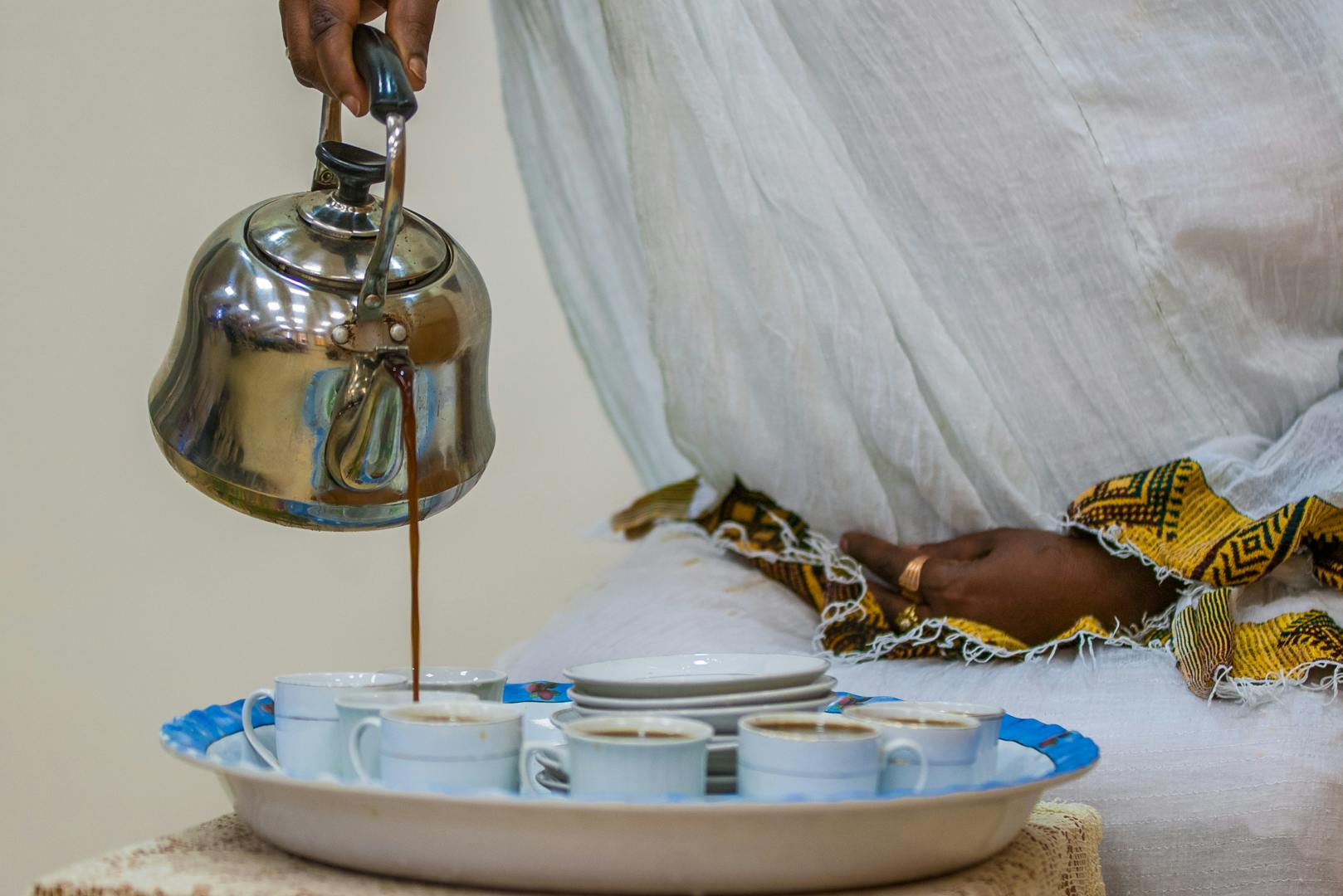
Israeli coffee culture is shaped by its history of immigration with a mix of different traditions. From Europe came the slow, lingering café life. Immigrants from Vienna, Budapest and Paris brought the idea of sitting for hours with a cappuccino or espresso, reading a newspaper or talking politics and philosophy. European coffee is about elegance, leisure and enjoying pastries alongside your drink.
Then came the Middle Eastern and North African influence. Immigrants from countries like Iraq, Syria, Morocco and Egypt brought their thick, strong, sweet coffee brewed in a finjan (a small, long-handled pot with a pouring lip, specifically designed for brewing Turkish coffee). Cardamom, sugar and slow brewing over low heat were the hallmarks. The cup was small, the flavor intense and drinking it was a ritual. It wasn’t about rushing; it was about presence and conversation.
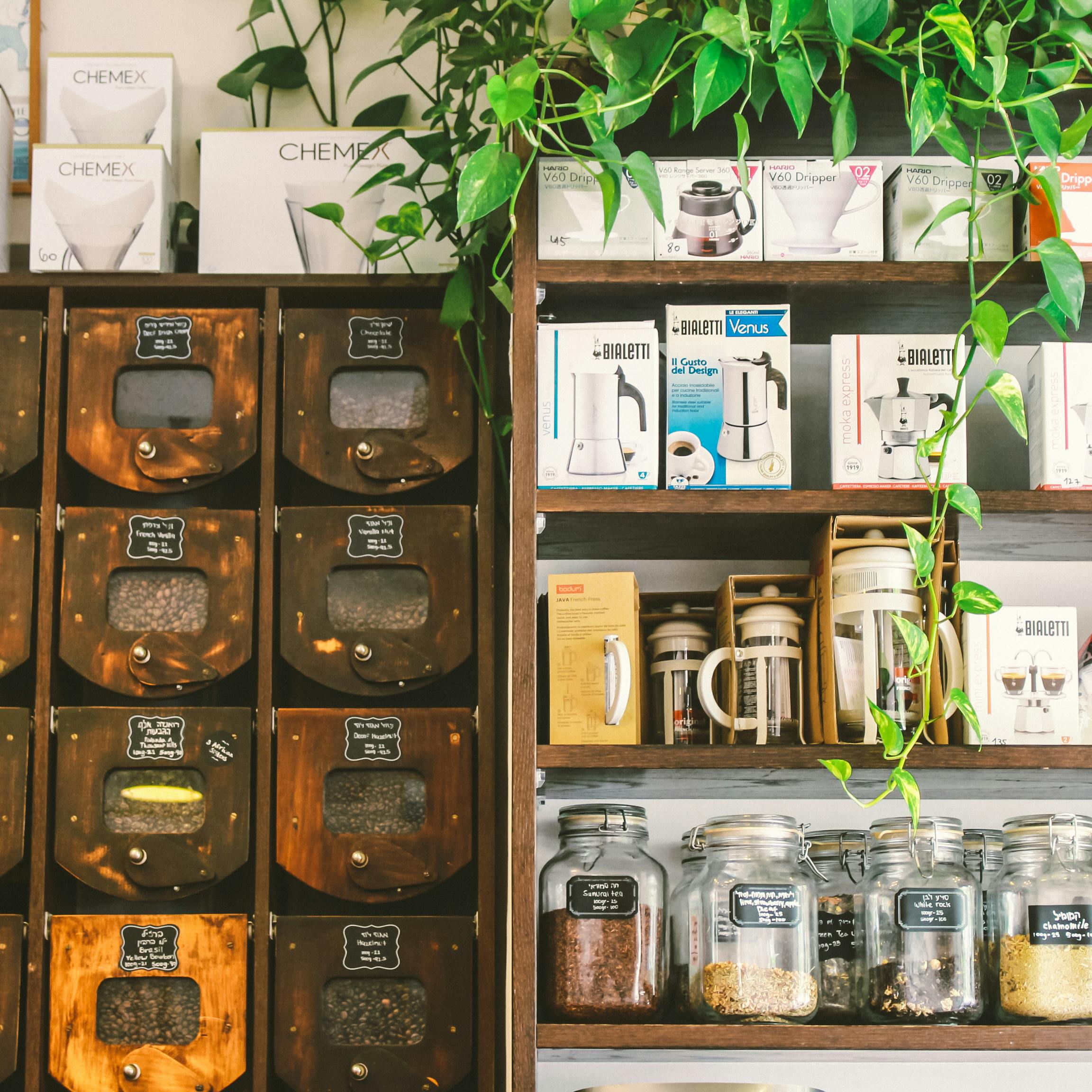
In Israel, both traditions coexist. You can order a café hafuch (the Israeli take on a latte) in a Tel Aviv café, and at the same time find someone drinking botz (mud), the gritty Turkish coffee that leaves a sludge at the bottom of the cup. Put those together and you get something culturally unique, a reflection of the country itself: layered, diverse and embracing influences from everywhere. And while new specialty trends keep arriving, the old ways never really fade. Brewing in a finjan over an open flame has come back into style among younger Israelis who see it as both nostalgic and authentic.
The Israeli Café Scene
If one name has to be mentioned it’s Aroma Espresso Bar. This household name was born in Jerusalem in 1994 and quickly grew into a giant, beating out foreign chains before they could really settle. The idea was simple, quality coffee, fresh food and spaces that felt open, airy and modern. You could sit there for hours without anyone rushing you.
The menu is part European, part Israeli. Croissants, sandwiches, salads, shakshuka (eggs poached in a sauce of tomatoes, olive oil, peppers, onion and garlic). A cappuccino with a halva croissant feels just as natural as an espresso with a panini. Aroma became more than a chain; it became a symbol of Israeli urban life. What’s telling is that when American coffee giants like Starbucks tried to break into the Israeli market, they couldn’t compete. In Israel, people preferred the local style. They already had their own brand that felt authentic. Coffee was already Israeli, not imported.
But Aroma is only part of the story. Nowadays, the independent cafés thrive. Living in Jerusalem, I have yet to see a specialty coffee shop go out of business. They are trendy, full of energy and the aesthetic is always on point with coffee that is honestly world class.
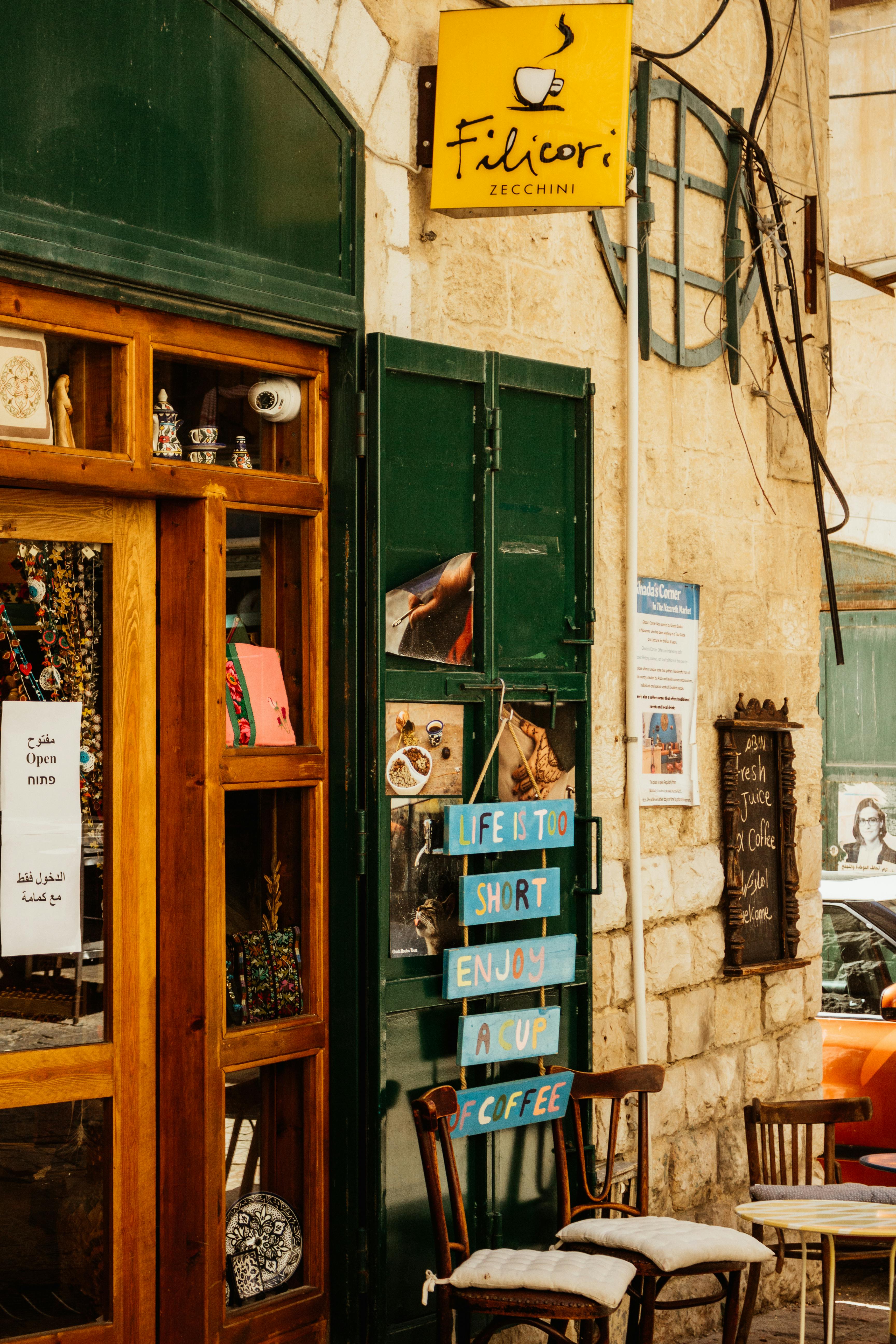
Tel Aviv alone has hundreds of small cafés, each with its own character. Specialty roasters serve single-origin beans, pour-overs and cold brews. The mix of innovation and tradition is what keeps the Israeli coffee scene alive and diverse. As a visitor, sampling every café nearby can almost become a bucket-list quest.
Coffee as Social Fabric
One of the quirks of Israel is that you can get good coffee almost anywhere, even at a gas station on the side of the highway. In a lot of countries, gas station coffee means weak, watery and sitting for hours in a pot. In Israel, it’s different. People expect a real espresso machine, fresh ground beans, sometimes even a little foam art if you’re lucky. The gas station stop has become its own little tradition. Drivers on long trips pull over not just for fuel but for a decent hafuch. Friends will say, “Let’s meet at the gas station for a quick coffee,” and it’s completely normal. It says something about the culture, that even on the move, Israelis won’t settle for bad coffee.
For many Israelis the day begins with a cup, the first pause before the rush. It might be a quick shot at the counter or a long hafuch with the morning news. Beyond routine, coffee is also the backdrop for connection. Families gather, business deals are struck and heated political debates spill across small round tables. Three generations often share the same café space: grandparents with Turkish cups, parents with a café hafuch, teenagers with towering iced drinks. Whether you’re a construction worker at a roadside stand or a start-up founder in a sleek Tel Aviv café, the cup in your hand bridges the gap.
So, in the end, Israeli coffee culture isn’t only about caffeine. It’s about slowing down in a fast-paced country. It’s about connection and presence. There’s a Hebrew phrase al kaf kafe, which translates to “over a cup of coffee.” It means more than drinking, it means talking, sharing, being together. That is maybe the most Israeli part of it all. Whether it’s a paper cup from a roadside kiosk, a stylish Aroma latte or a finjan boiled over campfire flames, coffee is more than a drink here. It’s the taste of belonging, and part of the fabric of everyday life.
Related Resources

Discover Your Purpose and God’s Heart For You
In today's divided, turbulent world, it's essential for the Church to rediscover God's heart. Our free e-book, authored by a seasoned expert with three decades of experience in Israel, delves deep into the teachings of Jesus (Yeshua) to reveal God’s principles of love and purpose. Learn how embracing these truths can bring significance and impact to your life, even amidst chaos. Subscribe now to receive your free copy and embark on a journey of transformation.

